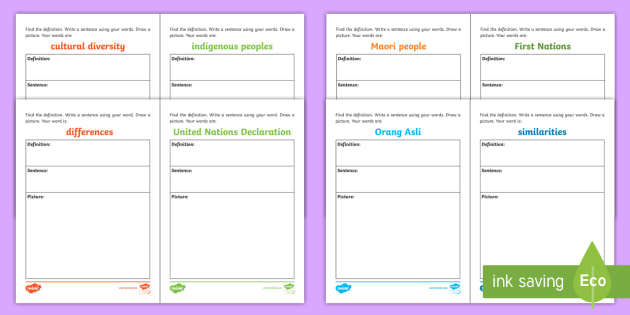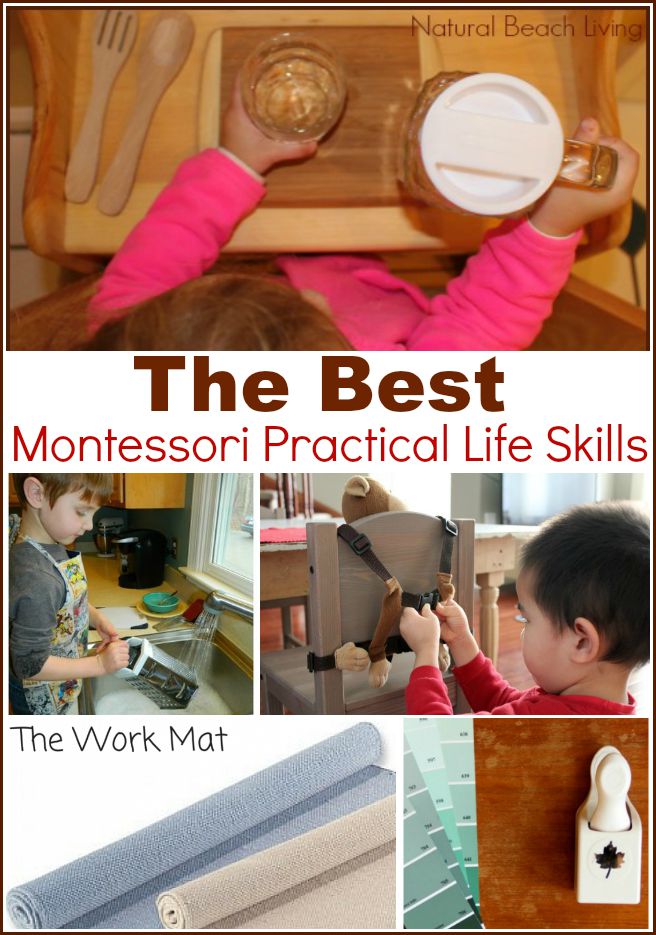Introduction:
Welcome to the world of early childhood education (ECE), where the foundation of learning is laid for young minds. As an ECE student, your role in nurturing early learners is vital. In this article, we’ll explore essential tips to help you excel in your ECE studies and become a proficient educator for young children.
Understanding Early Childhood Development:
Before delving into tips for ECE students, it’s crucial to understand the intricacies of early childhood development. Young children undergo rapid physical, cognitive, and socio-emotional growth during their formative years. Familiarize yourself with developmental milestones and theories of child development to better understand the needs and capabilities of the children you’ll be working with.
Building Strong Foundations:
As an ECE student, focus on building strong foundations in child development theories, educational psychology, and early learning principles. Take advantage of coursework, textbooks, and academic resources to deepen your understanding of ECE fundamentals. By laying a strong academic groundwork, you’ll be better equipped to create meaningful learning experiences for young children.
Embracing Play-Based Learning:
Incorporate play-based learning into your ECE practice. Recognize the importance of play in fostering creativity, imagination, and problem-solving skills in young children. Explore different types of play, such as free play, guided play, and structured play, and learn how to facilitate learning through play-based activities and experiences.
Creating Inclusive Environments:
Strive to create inclusive and welcoming environments where all children feel valued and respected. Embrace diversity and celebrate the unique backgrounds, cultures, and abilities of every child in your care. Adapt your teaching strategies to meet the diverse needs and learning styles of individual children, and foster a sense of belonging and community within your classroom.
Promoting Positive Relationships:
Build positive relationships with the children in your care and their families. Establish trust, rapport, and open communication to create a supportive learning environment. Collaborate with parents and caregivers to gain insights into each child’s strengths, interests, and developmental progress, and work together to support their learning and growth.
Utilizing Observation and Assessment:
Utilize observation and assessment techniques to gather valuable insights into children’s learning and development. Regularly observe children as they engage in various activities and interactions, and document their progress and achievements. Use assessment tools and strategies to identify areas of strength and areas for growth, and tailor your teaching approach accordingly.
Implementing Developmentally Appropriate Practices:
Adopt developmentally appropriate practices that align with the unique needs and abilities of young children. Design learning experiences and activities that are engaging, meaningful, and relevant to children’s interests and developmental levels. Create a balance between child-directed and teacher-directed activities, allowing children to explore, discover, and learn at their own pace.
Continuing Professional Development:
Commit to lifelong learning and professional development as an ECE student. Stay updated on current research, trends, and best practices in early childhood education. Attend workshops, conferences, and seminars to expand your knowledge and skills, and seek out mentorship opportunities to learn from experienced educators in the field.
Cultivating Reflective Practice:
Cultivate a habit of reflective practice to continually refine and improve your teaching approach. Regularly reflect on your experiences, interactions, and teaching strategies, and identify areas where you can grow and develop as an educator. Embrace feedback from peers, mentors, and supervisors, and use it as an opportunity for self-reflection and growth.
Conclusion:
As an ECE student, you play a crucial role in nurturing the growth and development of early learners. By understanding early childhood development, building strong foundations, embracing play-based learning, creating inclusive environments, promoting positive relationships, utilizing observation and assessment, implementing developmentally appropriate practices, continuing professional development, and cultivating reflective practice, you’ll be well-equipped to excel in your ECE studies and make a meaningful difference in the lives of young children. Read more about tips for ece students






